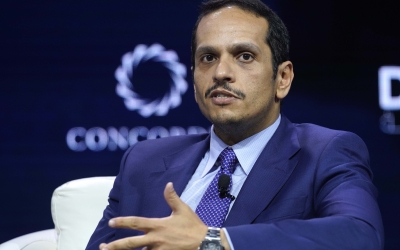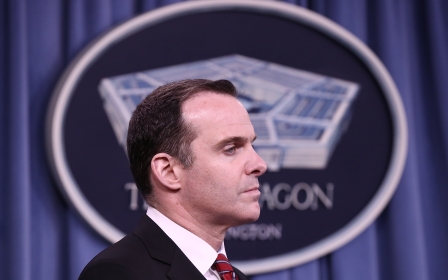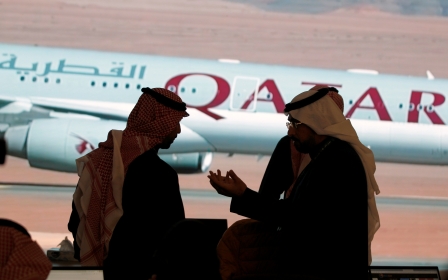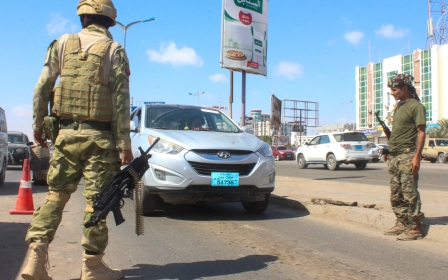UAE open to normalising relations with Turkey, top diplomat says
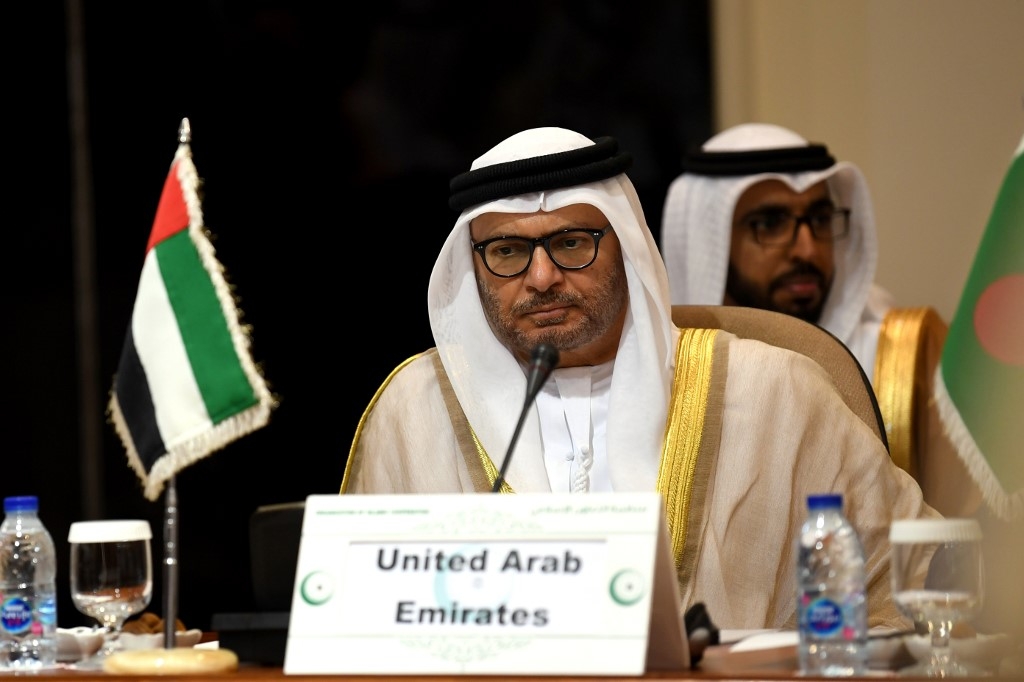
The United Arab Emirates is open to the possibility of normalising relations with Turkey, its chief diplomat has announced.
The UAE's Minister of State for Foreign Affair, Anwar Gargash, said on Sunday that any normalisation deal would "respect mutual sovereignty". But at the same time, the diplomat called on Ankara to pull back from its position as the "primary backer" of the Muslim Brotherhood.
"We don't have any problems with Turkey, like border issues or other such issues," Gargash said during a Sky News Arabia interview, adding that if Turkey were to cut off its "support to Muslim Brotherhood" it could "recalibrate its relations with Arabs".
The foreign minister did not mention Abu Dhabi and Ankara's rival roles in Libya's proxy war or their disagreement on a range of regional issues, particularly in Syria and Iraq.
Libya has been wracked by violence since 2011 when a Nato-backed uprising overthrew longtime ruler Muammar Gaddafi.
New MEE newsletter: Jerusalem Dispatch
Sign up to get the latest insights and analysis on Israel-Palestine, alongside Turkey Unpacked and other MEE newsletters
Following disputed elections in 2014, the country has been divided between competing administrations, with the UN-recognised GNA supported by Turkey while the UAE and Egypt have backed eastern military commander Khalifa Haftar.
The diplomatic call also comes after the Gulf Cooperation Council (GCC), of which the UAE is a member, declared that it would end its years-long dispute with Qatar, which had pushed the Gulf nation closer to Ankara.
The UAE, along with Saudi Arabia, Bahrain and Egypt, began an air, sea and land blockade against Qatar in June 2017 over claims that Doha had been backing Islamist groups and was too close to Iran - claims Qatar denied.
The quartet had originally laid out a list of 13 demands for Qatar to meet, including the shuttering of Al Jazeera news, in order for relations to be re-established. But last week the countries agreed to lift the sanctions without Qatar having met any of the original demands.
Following the move, Qatar Foreign Minister Sheikh Mohammed bin Abdulrahman al-Thani stressed that Doha's relations with Iran and Turkey would not be affected by the reconciliation agreement.
"Bilateral relationships are mainly driven by a sovereign decision of the country... [and] the national interest," he said in an interview with the financial daily.
"So there is no effect on our relationship with any other country."
Middle East Eye delivers independent and unrivalled coverage and analysis of the Middle East, North Africa and beyond. To learn more about republishing this content and the associated fees, please fill out this form. More about MEE can be found here.


